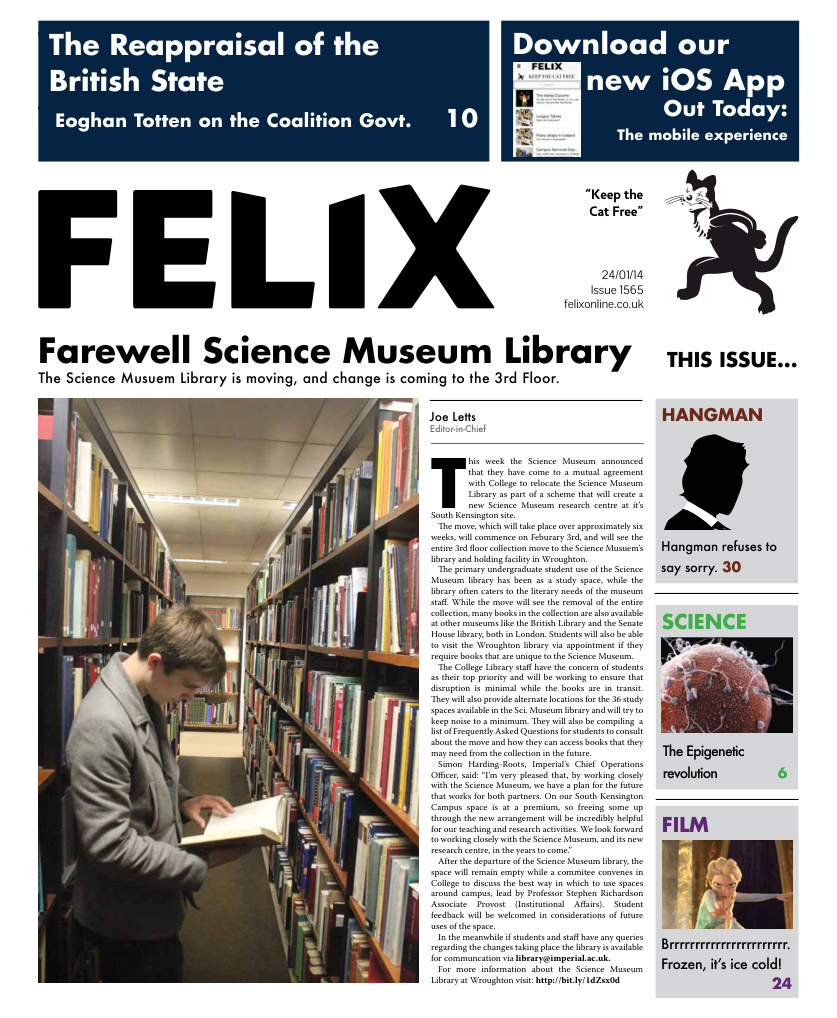The Pelican Brief
Riaz Agahi talks to Trevor de Brauw and Dallas Thomas
Following the release of their latest effort, _Forever Becoming _(the rather excellent, if a little mystifying artwork is shown on the right) , an album that is instantly distinguishable as Pelican, while still breaking new ground, I had the chance to talk to Pelican’s two guitarists, founder member Trevor de Brauw and Dallas Thomas, who joined the band in 2012 to replace Laurent Schroeder-Lebec, about the new album, and a variety of other Pelican related topics.
Riaz Agahi: Dallas, how did you end up joining Pelican? Did you guys know each other well beforehand?
Dallas Thomas: Well it started with just filling in for a few shows, then a tour, then another tour... Two years later it just seemed to make since Laurent decided he didnt want to do the band anymore and focus on family and career. The Swan King practices next door to Pelican in Chicago, so we pretty much met through the walls... Yeah we all travel in the same social circles so it all kind of just naturally clicked.
Has the band’s sound changed since the change in personnel, and do you feel that was an influence on Forever Becoming?
DT- The bulk of the material was written by Trevor and Bryan sending files back and forth to Larry in LA. There was focused attempt to not be a extreme departure from what had gone before and still embrace it a fresh progression of the band.
TD- There was going to be a change in sound no matter what since the album lacks Laurent’s contribution. Pelican has always been the sound of four distinct musical personalities bringing their influences and perspectives to the table. There was a sense that removing one of those voices from the mix would change things, but if we kept our heads and wrote that the remaining 75% would come up with something that was recognizably Pelican. I think the new record bears our stamp, maybe it’s a bit streamlined in some regards.
Were you guys on the same wavelength or was there a totally new set of influences?
DT- I felt everything just sort of clicked right before recording Forever Becoming. We all have such vast influences both similar and different that it wasn’t some sort conscious effort. We just all followed what was sounding best.
TD- The writing process in this band is really intuitive and not thought out. The influences that are brought to the table are not overt; it’s more just a subliminal effect of all being voracious music listeners. I think Dallas is right that things really seemed to click right before recording - the session was booked before we finished writing to kind of give us a deadline, which I think helped ramp up the momentum last minute and bring everything into focus.
How close was the band to splitting up around the time of Ataraxia/Taraxis? Certain music media sources seemed to think Pelican was nearing an end...
TD- That’s more or less when we got momentum going again, although that’s also when Laurent started distancing himself more. For me there was never a question that we’d get back into it post-hiatus.
How do you feel Pelican’s sound or way of writing and recording has evolved since you first started making music?
Trevor de Brauw: It seems like we’ve just grown to know each other better and better as musicians over time and we have a clearer sense of how to compliment each other musically in the space of a composition. I wouldn’t say we were necessarily over-thinking anything in the past, but there was definitely a sense of laboring over details in the past that seems to have been replaced with intuition. Conversely, in terms of actual song structure we used to just throw everything at a wall to see what would stick, whereas now we’re ruthless editors. Even though some of the song lengths tend to be pretty long, they’re often cut down or adjusted because we’re very wary of how the song flows.
I said in my recent review (Issue 1558) that I felt like the rhythm section was a lot more prominent and I was wondering if you thought that was the case?
DT- Yeah I would say that is a good observation, besides the point that Larry and Bryan are the bro rhythm section.
To what extent is there a kind of context or deeper message that goes beyond being simply well arranges music? I read once that the title city of echoes related to globalisation...
TD- Our records will always be a reflection of what’s going on in our lives between albums, manifested musically. So context, yes, but I don’t know that we’d qualify it as a message. With regards to City of Echoes- we wrote that record during a time when our career as touring musicians was taking off and we were constantly traveling. Globalization was definitely on our minds at that time because we were witnessing it firsthand on a daily basis; rolling into towns all over that bore uncomfortable similarities. But the album also carried this sense that music was this unifying power that had brought us all over the world and put us in touch with so many people and cultures that we did not previously have immediate contact with.
Forever Becoming was released October 15th 2013 on Southern Lord records.








